
Determination
When a person follows in the path of innocent faith with determination, even the greatest barriers become agents of assistance that protect the faithful from further obstacles.

Translated by Rabbi Lazer Brody
The Tale of the Lost Princess, Part 36 from The Garden of Yearning
The second giant said to him, “Further ahead in the desert lives my brother, who is in charge of the winds, and they run around the whole world. Perhaps they know.” So he went several more years searching, and found also this giant, who was also carrying a giant tree. And the giant asked him, as the others had. And he told him the whole story, as before. And the giant discouraged him, as before. And he pleaded with him as well. So the third giant said to him, that for his sake he would call all the winds and ask them. He called them, and all the winds came, and he asked them all, and not one of them knew about the mountain and the castle. So the giant said to him, “You see, they told you nonsense.” And the viceroy began to cry bitterly, and said, “I know that it certainly exists…”
 This is the first time that the viceroy says the words, “I know that it certainly exists.” His emuna, in attaining the level of firm knowledge, marks the beginning of the geula, or the redemption of emuna.
This is the first time that the viceroy says the words, “I know that it certainly exists.” His emuna, in attaining the level of firm knowledge, marks the beginning of the geula, or the redemption of emuna.As they were speaking, one more wind came. And the giant in charge of them was annoyed with him, saying, “Why did you not come with the rest?” He answered, “I was delayed, for I needed to carry a princess to a mountain of gold and a castle of pearls.” And the viceroy was overjoyed…
Why did the last wind wait until now to carry the princess to the mountain of gold and castle of pearls? Several years have transpired since she told the viceroy that she’d be there. Where was she all these years? We see that only after the viceroy attained the level of firm and complete emuna – having withstood countless trials, tribulations, difficulties, and setbacks – only then did the princess arrive at the place from where he could rescue her, the mountain of gold and castle of pearls. The redemption of emuna depends solely on our efforts in this lowly physical world. One’s personal geula depends on one’s dedicated hard work, which takes emuna out from exile and hastens the geula of the entire world.
The one in charge asked the wind, “What is expensive there? (In other words, what things are considered valuable and important there?)” He answered him, “Everything there is extremely expensive…”
As we learned earlier, the mountain of gold and the castle of pearls allude to monetary lust. Where there’s monetary lust, emuna is in exile. The viceroy must journey to this place of monetary lust in order to rescue and redeem the princess. Since the princess is captive in a place of monetary lust, then the question that the giant in charge asks is quite understandable: “What is expensive there?” He receives the answer that everything is expensive there. Surely, wherever there’s monetary lust, everything is very expensive, for people there crave making more and more money. Another interpretation is that in a place where there’s emuna, everything is precious (the Hebrew word for expensive and precious is identical, “yakar”).
So the one in charge of the winds said to the viceroy, “Seeing that you have been searching for her such a long time, and you went through many difficulties. Perhaps now you will be hindered by expenses. Therefore I am giving you this vessel. Every time you reach into it, you will receive money from it…”
Here we see how the third giant – who was an obstacle at first – does an about-face to the extent that he offers to remove further obstacles from the viceroy’s path. In other words, not only has he stopped trying to discourage the viceroy, but now he’s willing to help. He offers to cover all the viceroy’s expenses and assure that there won’t be additional obstacles in the viceroy’s path.
Here, we learn a remarkable lesson in life of just how powerful the yearning, desire, and tenacity for holiness are. Nothing compares with walking steadfast in the path of pure, innocent, and simple emuna. When a person clings to the path of innocent faith with strength, even the greatest barriers become agents of assistance; not only that, but they protect the faithful from further obstacles.
The viceroy receives a vessel in which he merely inserts his hand, and withdraws whatever money he needs. The vessel is symbolic of the level of bitachon, or complete trust in Hashem. The viceroy worked and strove for this level, having shattered any lust for money while acquiring emuna and perfect trust that Hashem alone sustains and feeds every creature on earth. Now, he has the complete trust that Hashem will give him whatever he needs for Divine service, no matter what the sum. He doesn’t have the slightest doubt that he’ll get whatever he needs whenever he needs it.
Our holy Rebbe Nachman teaches (Likutei Moharan, I:60), that there’s a level of observation in Torah that requires a high level of opulence. In other words, that one who attains such a level must have unlimited funds. Therefore, the worthy person of this particular spiritual level is granted unlimited riches from above. Any needs that a person requires for his service of Hashem are fulfilled. This is the opulence of holiness, which means that a person receives all the money in the world if he needs it for his learning and understanding of Torah. The viceroy attained this level by virtue of his dedicated hard work, receiving this particular vessel to enable him to rescue the princess with ease.
And he commanded the aforementioned wind to take him there. The storm wind came, and carried him there…
According to Jewish esoteric thought, the “storm wind” is one of the three kelipot, or strong spirits of impurity. Once again, we witness the fact that when a person stubbornly walks the path of righteousness and truth, even the Sitra Achra helps him redeem emuna.
…and brought him to the gate. There were guards posted there, that would not let him enter the city. So he reached into the vessel, took out money and bribed them…
Since the princess is captive in a place of monetary lust, then with money, the viceroy can do whatever he wants and bribe whomever he wants. When a person has a certain lust, particularly the lust for money, he or she can be easily bribed and blinded by the object of their lust, for the Torah says that a bribe can even blind the eyes of the wise (see Devarim, ch. 16).
We see clearly how lust, particularly monetary lust, clouds and distorts a person’s judgment. He or she is incapable of accepting or listening to anything that incompatible with their lust. Such people certainly don’t want to hear that they are living a lie; indeed, they can’t hear or see the error of their ways.
Money especially is a test of faith, as our sages said (Gemara, tractate Eruvin 65): “Three things characterize a person – his goblet, his purse, and his anger.” In other words, a person’s character is evident by how he acts when drinking wine, when dealing with money, and when encountering a challenge to his temper.
Another allusion to one’s behavior in monetary matters appears in the Mishna (tractate Zevachim, ch. 5): “The holy of holy sacrifices are slaughtered in the north.” In other words, if you want to examine if a person is really as “Holy of Holies” as he presents himself, slaughter him in the “north”, for “north” symbolizes money. You can check a person’s true character by testing him in financial matters. Is he fair in commerce? Does he give to charity? Does he pay his workers on time? Does he adhere to the laws of Torah that tell him when and how to spend money? Does he avoid touching a cent that doesn’t belong to him? If the answer to all these questions is yes, then that person truly is “Holy of Holies.” So, when you slaughter him in his “north” – you take away his money – then he’ll show just how much genuine emuna he really has.
To be continued.




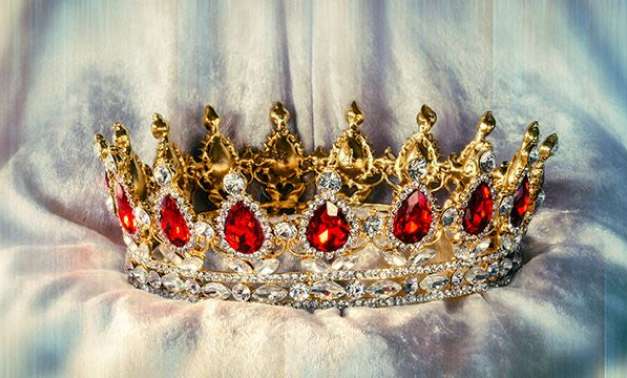


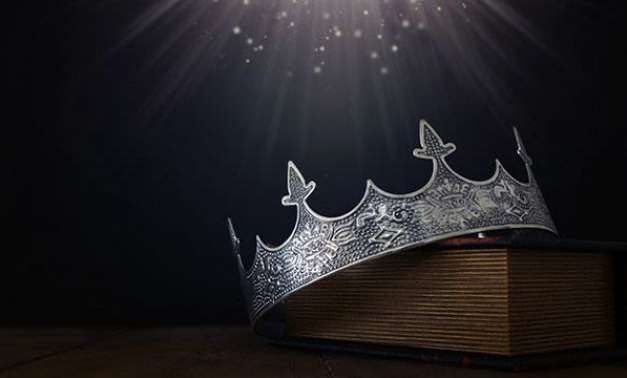
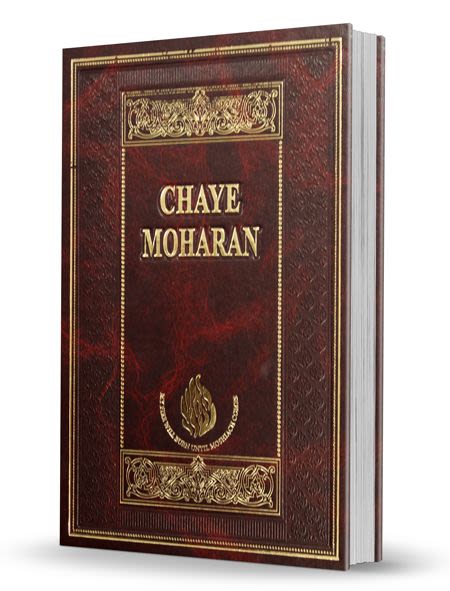
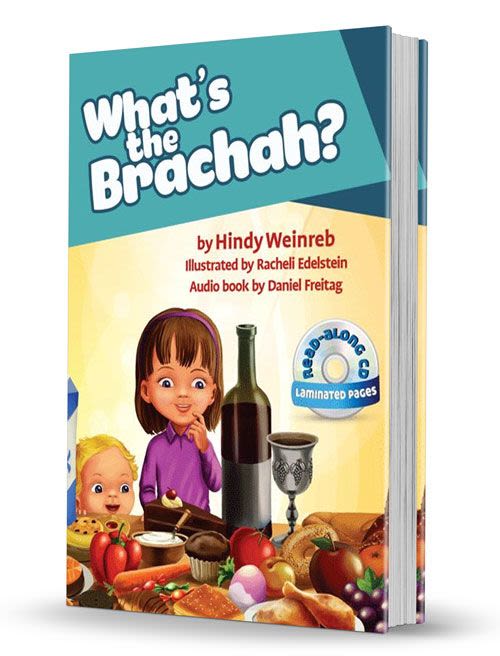

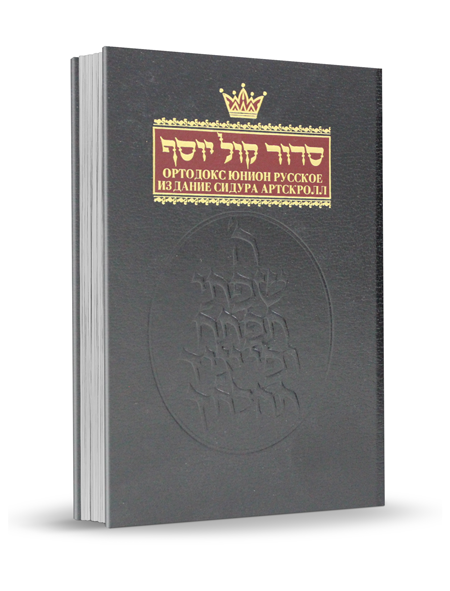
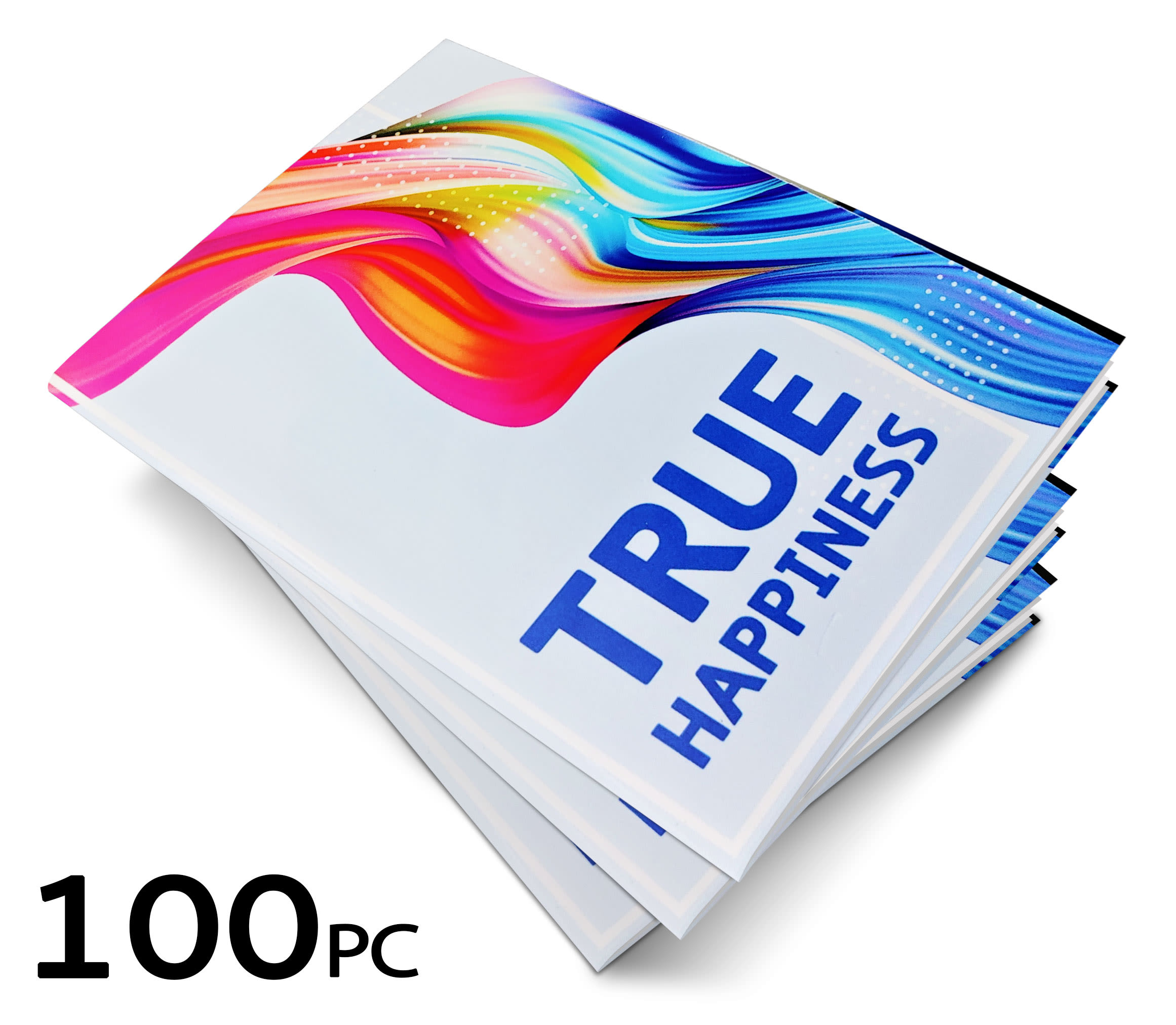

Tell us what you think!
Thank you for your comment!
It will be published after approval by the Editor.